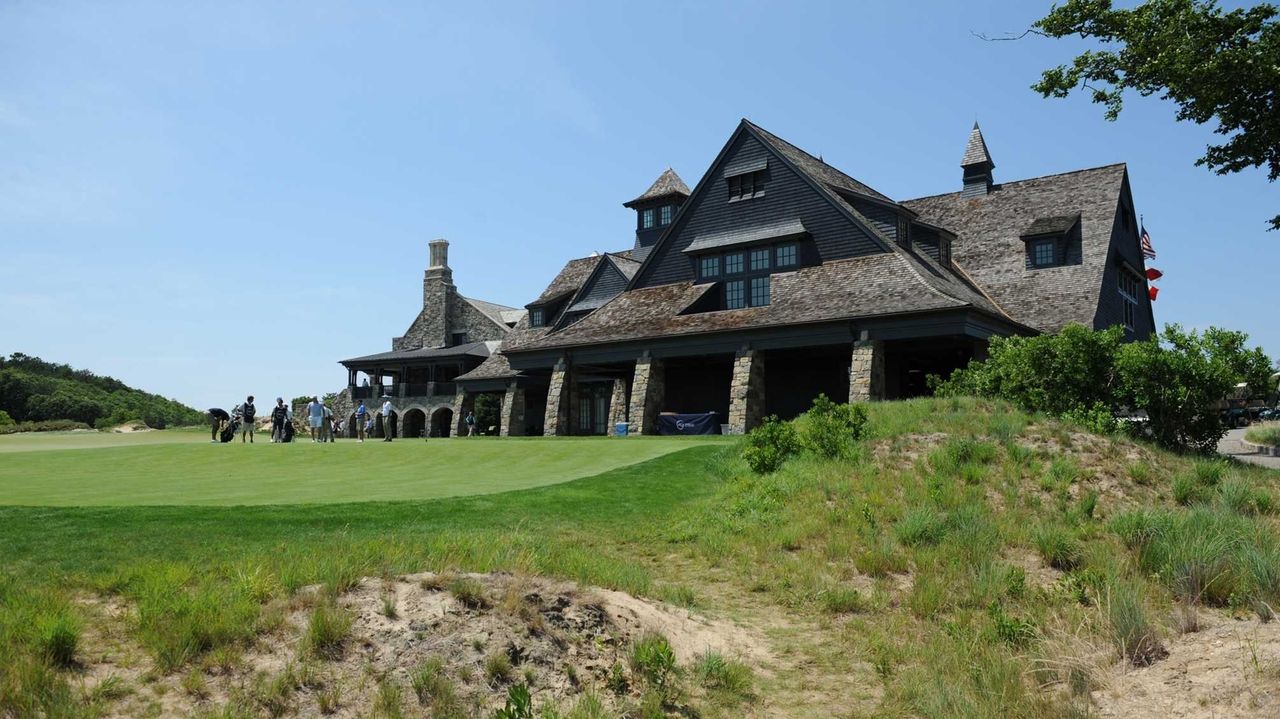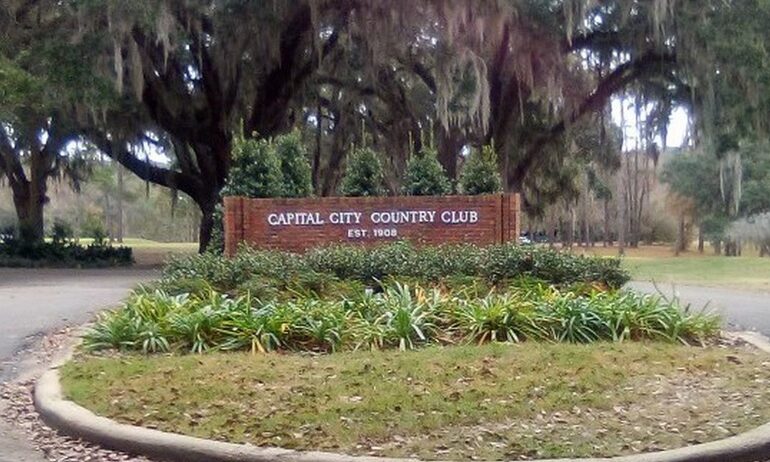Riverhead Town officials are teeing up plans to allow golf courses to build cottages on their properties to boost tourism while enhancing a way to preserve farmland.
The proposal would allow standard 18-hole golf courses to use farmland preservation credits to build one cottage per hole for “golfers or visitors wishing to stay on a golf course,” according to a draft of the measure.
The idea stems from a recommendation in Riverhead’s comprehensive plan, adopted in 2024, that says golf cottages should be allowed as an accessory use and limited to 600 square feet with one bedroom, bathroom and a kitchenette.
Town planners unveiled the proposal during a meeting on Wednesday. Town board members, however, want to double the size of cottages, saying 600 square feet isn’t practical for groups on golf trips.
Greg Bergman, the town’s senior planner, said most hotel rooms are between 300 and 400 square feet. “These were not meant to be large, residential-type units,” he said at the meeting.
Town officials ultimately agreed to revise the proposal, increasing the maximum cottage size to two-bedroom, 1,200-square-foot units. The board plans to hold a public hearing on the measure later this fall.
Councilwoman Joann Waski said larger cottages would differentiate from hotel rooms and reduce competition with existing hotels.
“We have some of the best golf courses in the United States, and when you limit the size to 600 square feet … That to me is competition for the hotels,” she said in an interview. “The last thing that I want to do is take any business away from any of the hotels.”
Construction of such cottages would hinge on the use of Riverhead’s Transfer of Development Rights program. One preservation credit would be required for each cottage under Riverhead’s proposal.
The program allows farmers to sell the development rights on their land. In turn, developers purchase those credits to build in areas where growth is more favorable.
Two private golf courses in Riverhead would be eligible to build cottages under the concept: Baiting Hollow Golf Club and Friars Head, which already has three cottages on its 350 acres.
Officials from both clubs did not respond to requests for comment.
If both clubs pursue development, 36 total cottages could be built — resulting in 36 acres of farmland preservation. Each would need a special permit and site plan approvals.
“It’s no impact on the school district, and it will preserve 36 acres of farmland, so to us it’s a win-win,” Supervisor Tim Hubbard said in an interview.
Last year, Councilman Ken Rothwell introduced legislation to use a similar farmland preservation method to allow agritourism resorts along Sound Avenue. That proposal drew fierce backlash from residents, prompting town officials to ultimately shelve it.
Rothwell said the golf cottage idea provides “one tool in the toolbox” and directs financial incentives for farmers to preserve valuable land. Though farmland preservation is a top goal in the town’s comprehensive plan, town officials say they do not have enough money to purchase property for preservation outright.
Rothwell estimated a farmland preservation credit could cost $70,000, which could generate more than $2.5 million for farmers if 36 cottages are built.
“It allows [farmers] to keep doing what they’re doing and gain a little revenue by the sale of” development transfer rights, he said.
Other golf courses in Riverhead would not be eligible since they aren’t in zoning districts where development credits can be redeemed, Bergman said.







